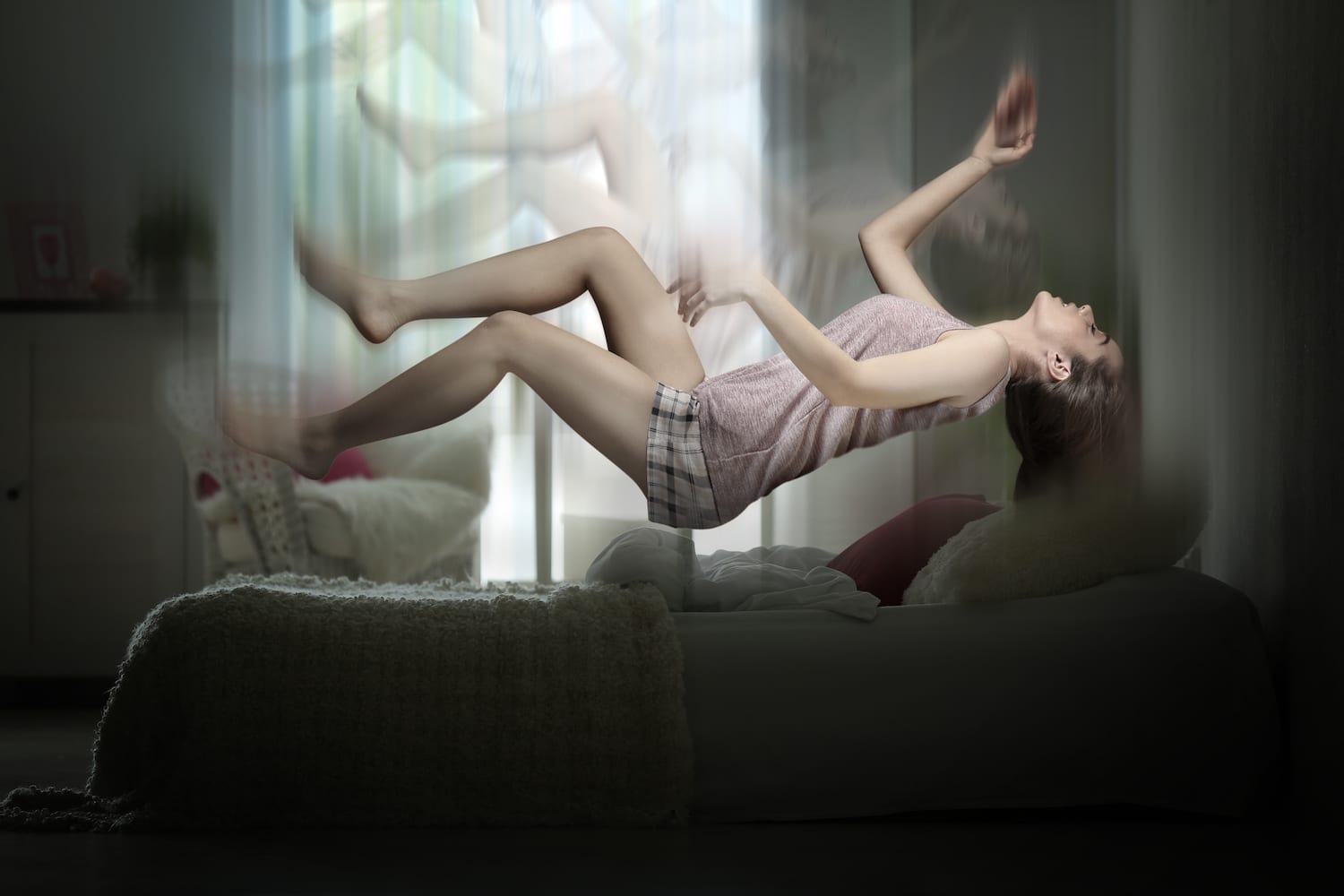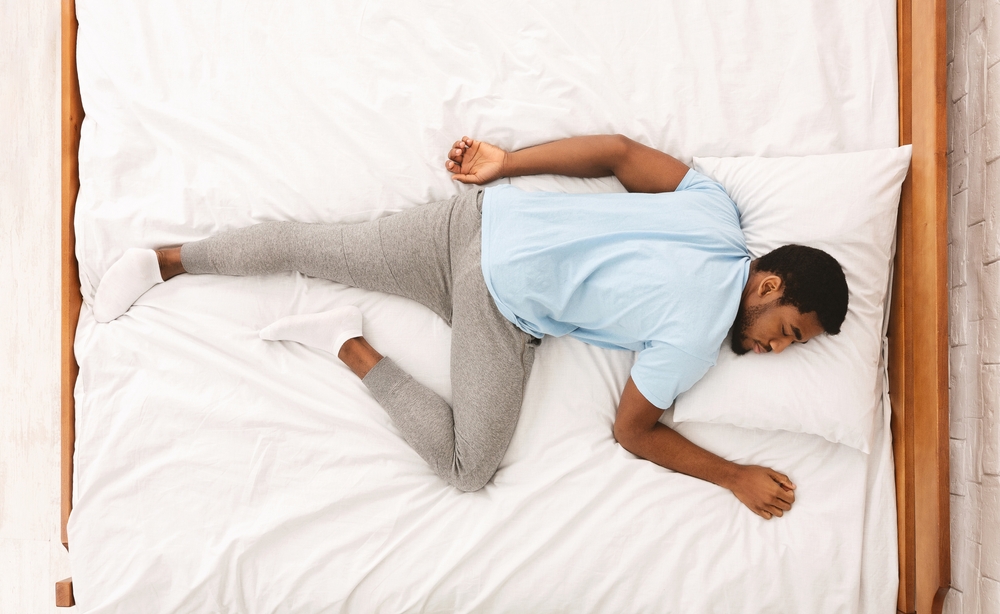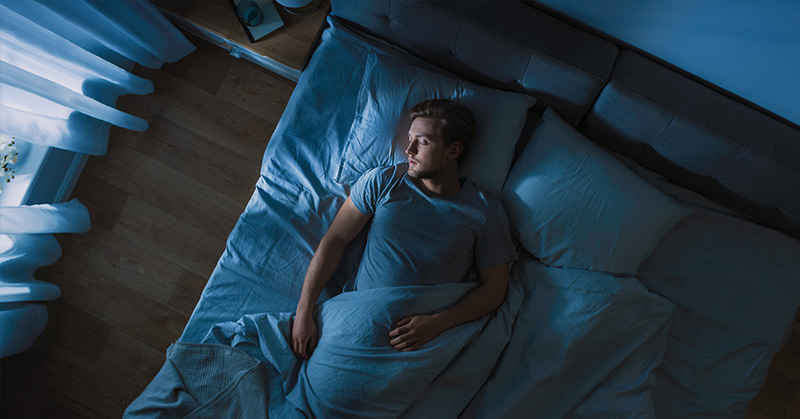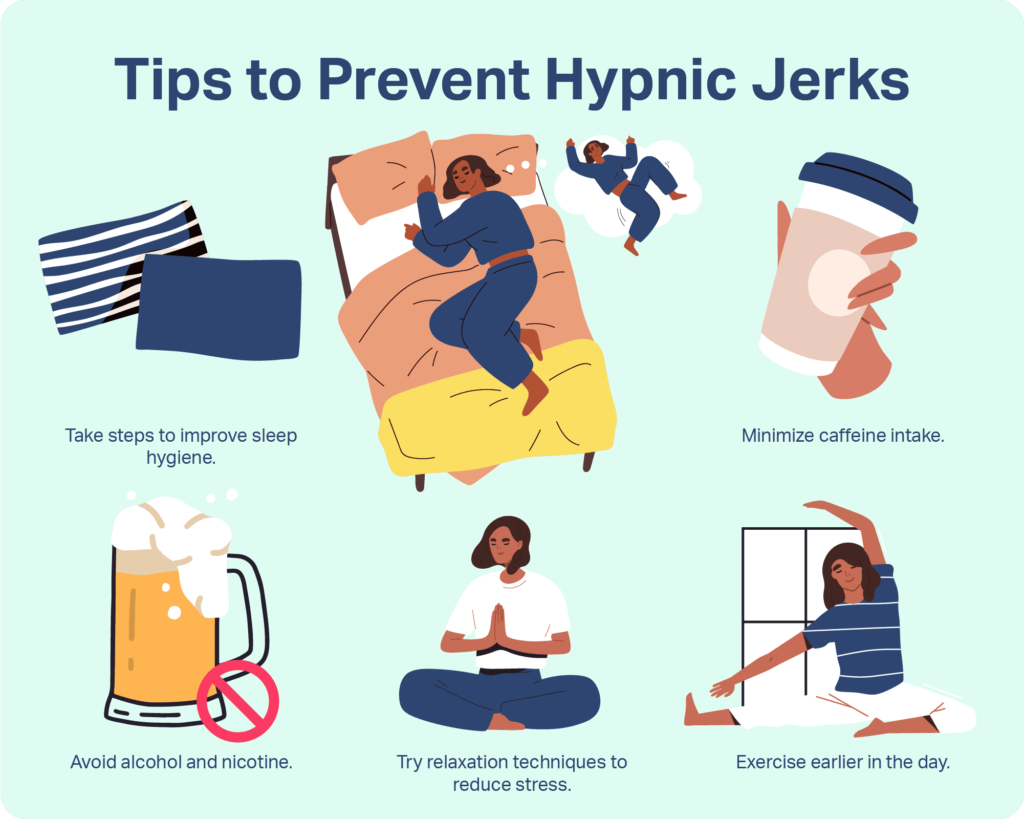Disclaimer: This article is for informational purposes only and does not constitute medical advice. Always consult a qualified healthcare provider or sleep specialist for diagnosis or treatment of any health-related issues. The content herein is based on reputable sources but is not a substitute for professional consultation.
Have you ever experienced that strange, sudden jolt right as you’re drifting off to sleep — like you’re falling, then your body twitches awake? This phenomenon is surprisingly common and scientifically fascinating. It’s known as a hypnic jerk (also called a sleep start or hypnagogic jerk), and it’s a natural part of the transition from wakefulness to sleep. While it might feel unsettling, it’s typically harmless.

What Is a Hypnic Jerk?
A hypnic jerk is an involuntary muscle twitch that occurs as you’re falling asleep, particularly during the first stage of the sleep cycle. It’s a sudden contraction of muscles, often in the arms or legs, and is frequently accompanied by the sensation of falling, a brief dream, or a visual image such as tripping or missing a step.
These jerks are part of a broader category of movements known as myoclonus, which refers to quick, involuntary muscle movements.
How Common Are Hypnic Jerks?
According to sleep researchers, up to 70% of people experience hypnic jerks at some point in their lives. They’re more likely to occur if you’re:
-
Overtired or sleep-deprived
-
Stressed or anxious
-
Consuming stimulants like caffeine or nicotine
-
Exercising vigorously late in the day
Although anyone can experience them, they may happen more frequently during periods of irregular sleep patterns.

What Causes Hypnic Jerks?
The exact cause is still not fully understood, but scientists have proposed several theories to explain why the body jerks just before sleep:
1. Brain Misfiring During Sleep Transition
As the body moves from wakefulness into sleep — especially during the hypnagogic stage — the brain slows down, but not all systems shut off at the same pace. Some researchers suggest that the brain may misinterpret the process of relaxing muscles as a sign of falling, prompting it to trigger a muscle spasm as a protective reflex.
2. Evolutionary Theory
Some scientists believe hypnic jerks are an evolutionary holdover. Our ancestors may have slept in trees, and a sudden muscle jerk could have served to prevent them from falling — or to test muscle readiness before fully surrendering to sleep.
3. Sleep Cycle Interference
During the early stages of sleep, muscle tone begins to decrease. If the central nervous system (especially in the brainstem) doesn’t smoothly manage this transition, it may trigger an abrupt motor response — the jerk.
Are Hypnic Jerks Dangerous?
For most people, hypnic jerks are benign and not a cause for concern. They are not a sign of a neurological disorder or disease. However, if these movements become frequent enough to interfere with sleep quality or are accompanied by other symptoms like limb pain, sleep paralysis, or sleepwalking, it may be worth consulting a sleep specialist.
In rare cases, more serious sleep disorders like periodic limb movement disorder (PLMD) or restless legs syndrome (RLS) can cause similar sensations, but these conditions are more persistent and often disruptive to sleep.

What Do Hypnic Jerks Feel Like?
Although individual experiences vary, most people describe the feeling as:
-
A sudden jolt, like being startled
-
A sensation of tripping, falling, or slipping
-
A visual hallucination, such as a bright flash or dream fragment
-
A muscle twitch, most often in the legs, arms, or shoulders
These feelings occur within minutes of lying down and typically do not last more than a few seconds. Sometimes, they can briefly wake you up, but they usually don’t prevent you from falling asleep again.
What Triggers Hypnic Jerks?
While they can happen at random, several factors make hypnic jerks more likely:
1. Sleep Deprivation
Lack of sleep can put your nervous system on edge, increasing the chance of a hypnic jerk as the brain struggles to transition smoothly into sleep.
2. Stress and Anxiety
When the body is in a heightened state of alert due to emotional stress, it’s more prone to overreacting to minor physiological changes — like muscle relaxation.
3. Caffeine or Stimulants
Caffeine, nicotine, and certain medications can stimulate the nervous system, interfering with the body’s ability to relax and leading to sudden muscle activity.
4. Intense Physical Activity
Exercising late in the evening can keep your muscles in a more alert state, making it harder for your body to transition into full rest mode.
How to Reduce or Prevent Hypnic Jerks
If hypnic jerks are bothering you or disrupting your sleep, there are several simple lifestyle changes that can help:
-
Establish a consistent sleep schedule: Go to bed and wake up at the same times each day to help your body regulate its sleep-wake cycle.
-
Limit caffeine and stimulants: Avoid caffeine, nicotine, and energy drinks, especially in the afternoon and evening.
-
Create a relaxing bedtime routine: Calm your mind with light reading, meditation, or warm baths before bed.
-
Exercise earlier in the day: Physical activity is beneficial for sleep, but avoid vigorous workouts within 2-3 hours of bedtime.
-
Reduce screen time at night: Blue light from devices can delay melatonin production, making it harder for your brain to wind down.
When to See a Doctor
While hypnic jerks on their own are usually harmless, it may be wise to consult a healthcare provider if:
-
The jerks occur frequently and disrupt sleep
-
You experience other unusual sleep behaviors or movements
-
You feel excessively tired during the day
-
The jerks are accompanied by pain or other neurological symptoms
A sleep study or neurological exam may help rule out underlying conditions and guide appropriate treatment.
Final Thoughts
Hypnic jerks are a common and typically harmless part of the sleep process. Though they may feel strange or startling, they usually require no medical attention. Understanding why they happen — and how to reduce their occurrence — can help ease any anxiety about them.
By maintaining a healthy sleep routine and managing stress, most people can minimize these sudden sleep twitches and enjoy a more restful night.

